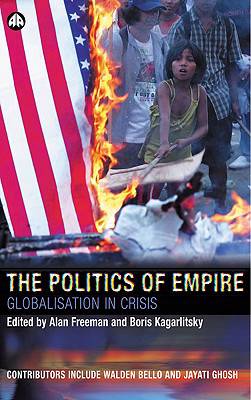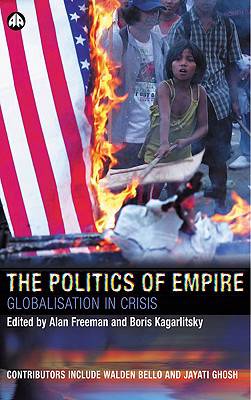
En raison d'une grêve chez bpost, votre commande pourrait être retardée. Vous avez besoin d’un livre rapidement ? Nos magasins vous accueillent à bras ouverts !
- Retrait gratuit dans votre magasin Club
- 7.000.000 titres dans notre catalogue
- Payer en toute sécurité
- Toujours un magasin près de chez vous
En raison de la grêve chez bpost, votre commande pourrait être retardée. Vous avez besoin d’un livre rapidement ? Nos magasins vous accueillent à bras ouverts !
- Retrait gratuit dans votre magasin Club
- 7.000.0000 titres dans notre catalogue
- Payer en toute sécurité
- Toujours un magasin près de chez vous
48,45 €
+ 96 points
Description
One of neo-liberalism's greatest crimes is to downgrade the history of ideas. This book digs deep into history and, in a timely way, celebrates an intellectual but practical approach to the social, economic and environmental threats posed by globalisation. Ann Pettifor, Senior Associate, New Economics Foundation and Editor, Real World Economic Outlook "A book that isn't afraid to call today's specific 'globalization' process by its proper name - another phase of imperialism! ... Strongly recommended for those wishing to understand the damage that is being wreaked in the name of promoting global prosperity and democracy." Achin VanaikBringing together nine leading writers and activists from around the world, this book explores the origins of a new age of Empire.The contributors show globalisation is the driving force behind the new and warlike period that began with the invasion of Afghanistan and Iraq. Writers including Walden Bello, Jayati Ghosh, Kate Hudson, Boris Kagarlitsky and Alan Freeman offer a wealth of factual evidence showing that globalisation has driven apart peoples, classes and nations, shaping and reshaping key regions of the world. Challenging the idea that it is inevitable, they argue that its economic contradictions have thrown the world order that sustained it into crisis.Globalisation's opponents are shaping a new intellectual tradition. For the first time, the book brings together the critiques thrown up by resistance to globalisation, to war, and to imperialism. Free from ideology and dogma, the book shows how the peace and anti-globalisation movements can join forces and face the coming period of world history.Essential reading for anyone involved in the peace and anti-globalisation movements, this book is also ideal for students of politics, economics and international relations.
Spécifications
Parties prenantes
- Editeur:
Contenu
- Nombre de pages :
- 304
- Langue:
- Anglais
- Collection :
Caractéristiques
- EAN:
- 9780745321837
- Date de parution :
- 11-10-04
- Format:
- Livre broché
- Format numérique:
- Trade paperback (VS)
- Dimensions :
- 136 mm x 216 mm
- Poids :
- 322 g

Les avis
Nous publions uniquement les avis qui respectent les conditions requises. Consultez nos conditions pour les avis.





